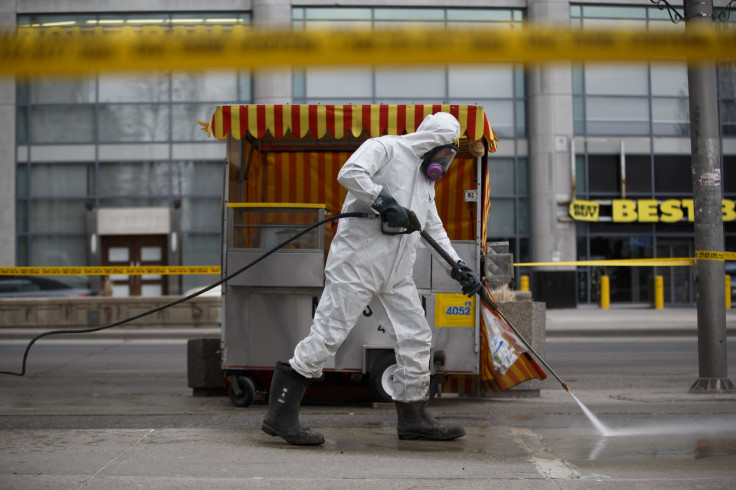Deadly Hazmat Incident In California Hotel Results In 1 Dead, 8 Sick Due To Unknown Chemical Agent

A deadly hazmat incident Saturday at a hotel in San Jose, California, has resulted in one person dying and eight people sick. Authorities believe the incident was the aftermath of a suicide.
Three floors of the Hotel Fairmont had to be evacuated, with firefighters Saturday morning finding one woman dead on the 19th floor. The police said that the woman likely died in a suicide involving a poisonous gas, which then affected other guests at the hotel.
More than 100 people were evacuated from the hotel, although they were only briefly exposed to the unknown chemical agent.
San Jose Fire Department Capt. Mitch Matlow said that the eight sick people affected by the incident were taken to the hospital but were not in a life-threatening situation.
@SJFD @sccfiredept Fairmont Incident is now under control. 9 patients transported following decontamination. Final media briefing to be at 4:30 at the stage in Cesar Chavez Park. pic.twitter.com/JkNaHzHWWB
— San José Fire Dept. (@SJFD) August 31, 2019
Matlow said that the smell of the chemical was similar to rotten eggs. Matlow added that authorities are still trying to identify the chemical and to decontaminate the rooms of the hotel involved.
"There was a liquid on the floor of the room and countertop," Matlow said. "Whether that's mouthwash or a hazardous chemical will be determined by chemical testing. Every single puddle in the room will have to be tested."
According to the federal government, a hazmat incident is when a chemical is used unsafely or released in harmful amounts into an environment where people are at risk.
When dealing with hazmat incidents, authorities at the scene often wear hazmat suits, which attempt to protect and insulate the individuals against the chemicals. Those dealing with hazardous materials can receive a hazmat certification.
© Copyright IBTimes 2024. All rights reserved.




















